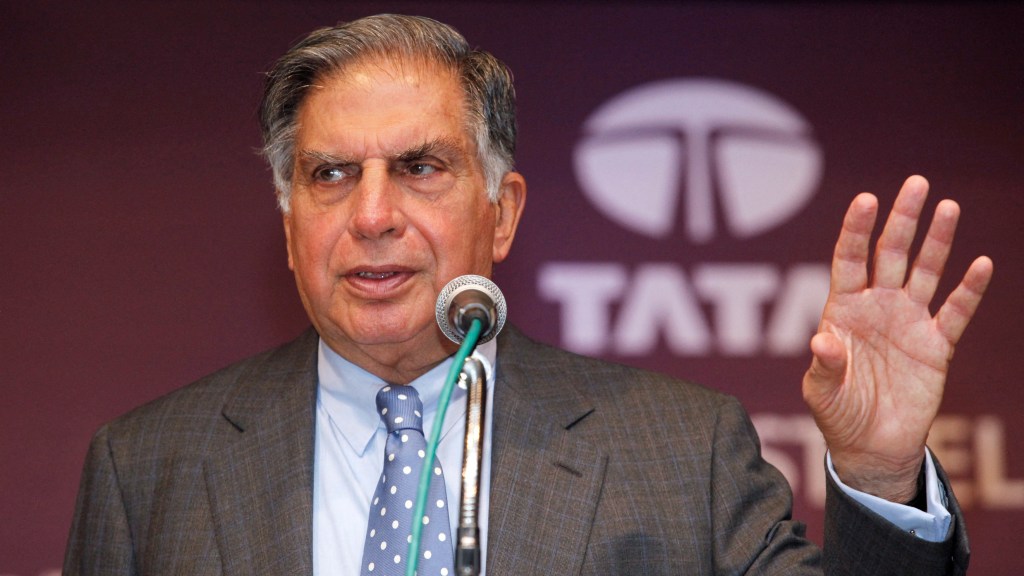Increased Workplace Surveillance Heightens Stress and Reduces Productivity
Less than 100 days into its tenure, the Labour government appears poised to backtrack on a significant policy commitment. Initially, the party pledged to enhance protections against employer surveillance of workers, yet recent reports suggest a potential dilution of these promises.
Advancements in technology, decreased expenses, and the transition to remote work during the pandemic have spurred a notable rise in workplace monitoring. A recent disclosure from PwC outlines plans to monitor the locations of its 26,000 employees in the UK, highlighting a concerning evolution in the employer-employee dynamic.
The uptick in workplace surveillance is driven by an urgent pursuit of employee productivity. While it’s understandable that employers aim for improved efficiency and focus—particularly amid the challenges of remote work and a faltering economy—this reasoning increasingly acts as a cover for intrusive and unwarranted observation. The severe human impact of these intrusive monitoring technologies jeopardizes employees’ well-being, job satisfaction, and trust. Furthermore, actions similar to those of PwC set dangerous precedents that threaten privacy and enable employers to intrude further into staff lives.
Equally troubling is the rapid normalization of these surveillance practices. PwC is not an isolated case; numerous employees face varying degrees of electronic monitoring. From construction personnel required to provide biometric data for clocking in to grocery store workers whose performance is scrutinized via handheld devices, monitoring is becoming an omnipresent aspect of many jobs. Each new implementation raises concerns about a future where invasive oversight is standard, and every employee action is tracked.
No one appreciates having a supervisor perpetually scrutinizing their work. The thought of reporting for duty knowing every movement—including facial expressions and work speed—is being monitored can induce considerable stress. Such relentless oversight can transform workplaces into environments filled with anxiety and strained interactions, fostering a negative atmosphere. This can lead to elevated stress levels, diminished job satisfaction, and various physical and mental health issues, exacerbating the UK’s existing productivity challenges.
These monitoring tools are not merely invasive; they are often unreliable and biased, creating a stressful and exclusionary work environment. Studies show that women and individuals from ethnic minority communities are disproportionately affected by surveillance technologies. Earlier this year, a gig worker secured a settlement from Uber Eats after claiming that biased facial recognition scans had prevented him from accessing the app, thereby impeding his capacity to earn a living. The dangers tied to these invasive and flawed technologies significantly outweigh any perceived boosts in productivity or security, eroding trust and equity in the workplace under the guise of management.
The future of employment should not be characterized by dystopian surveillance technologies. While some employees have successfully pushed back against intrusive monitoring, these victories—though vital—fall short of reversing the broader trend. The issue is systemic; without proper regulations, companies are bound to continue deploying excessive surveillance, with employees suffering the consequences.
With an Employment Rights Bill on the horizon, there is a critical opportunity for action. However, Labour’s commitment to regulate workplace surveillance appears to be wavering when it should be solidifying these guarantees. The proliferation of “bossware” is not an unavoidable outcome—now is the crucial time to confront the distinct threats that our increasingly digital landscape poses to workers’ rights, before it becomes too late.
Susannah Copson serves as a legal and policy officer at Big Brother Watch.




Post Comment